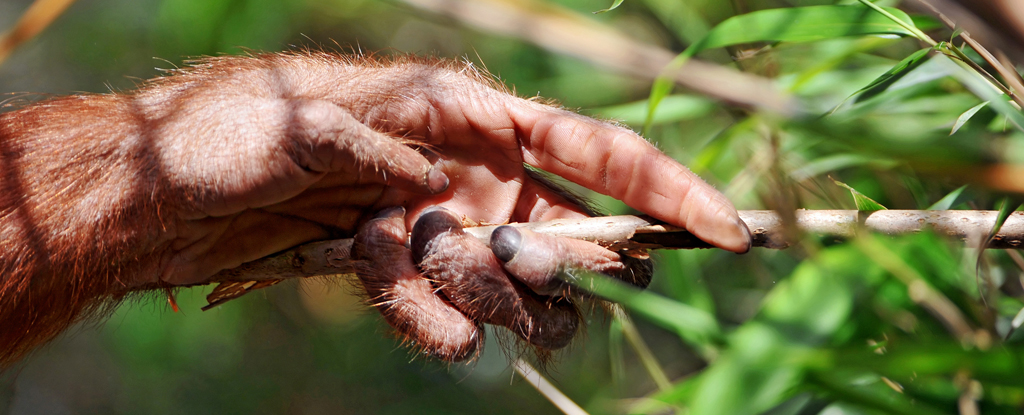Agronomy, Vol. 13, Pages 2685: Predacious Strategies of Nematophagous Fungi as Bio-Control Agents
Agronomy doi: 10.3390/agronomy13112685
Authors: Rahman Chen Zhang Fan
Plant-parasitic nematodes significantly threaten agriculture and forestry, causing various diseases. They cause annual losses of up to 178 billion dollars worldwide due to their parasitism. Nematophagous fungi (NF) are valuable in controlling or reducing parasitic nematode diseases by killing nematodes through predatory behavior. This article summarizes the strategic approaches adopted by NF to capture, poison, or consume nematodes for food. NF are classified based on their attacking strategies, including nematode trapping, endoparasitism, toxin production, and egg and female parasitism. Moreover, extracellular enzymes such as serine proteases and chitinases also play an important role in the fungal infection of nematodes by disrupting nematode cuticles, which act as essential virulence factors to target the chemical constituents comprising the nematode cuticle and eggshell. Based on the mentioned approaches, it is crucial to consider the mechanisms employed by NF to control nematodes focused on the use of NF as biocontrol agents.

 6 months ago
22
6 months ago
22


